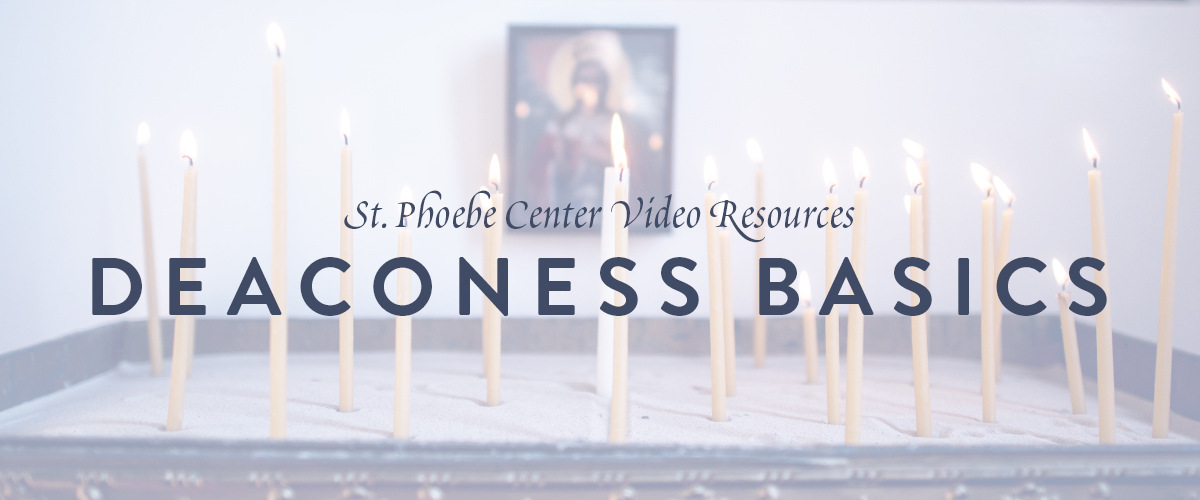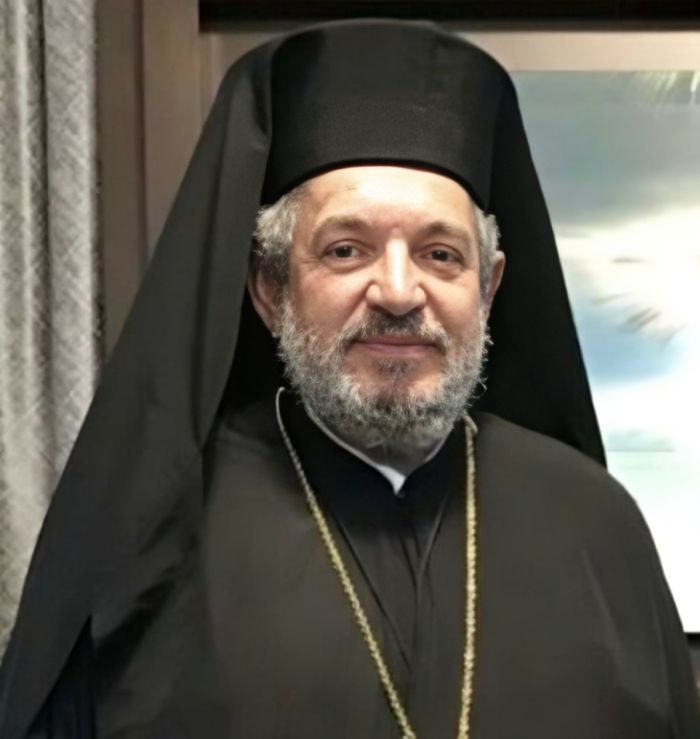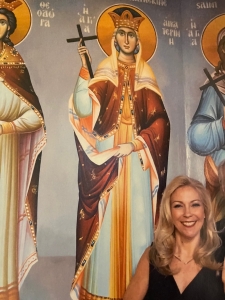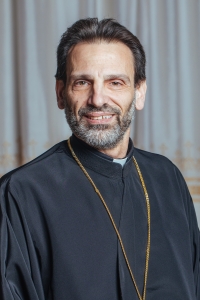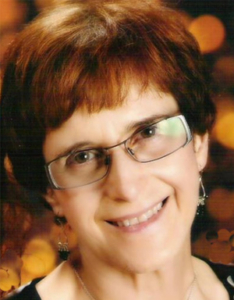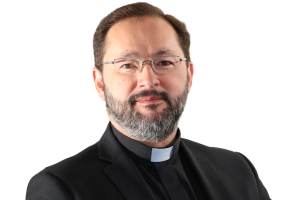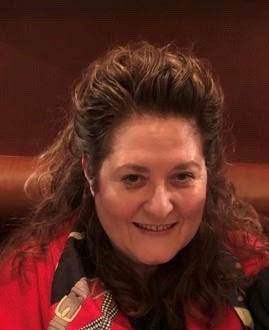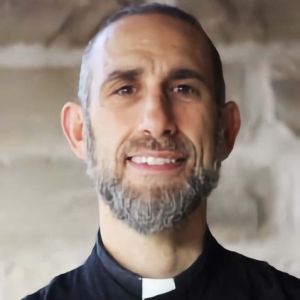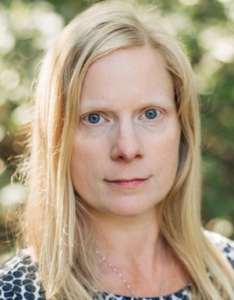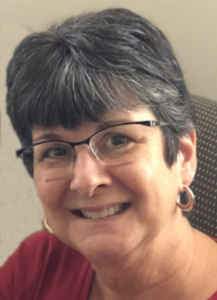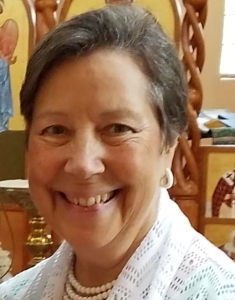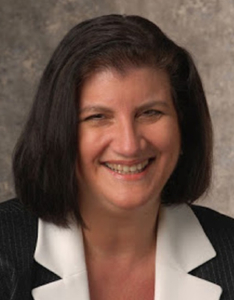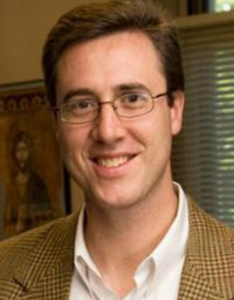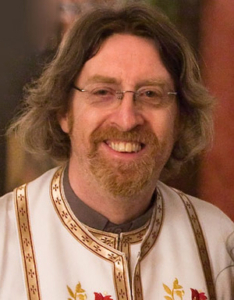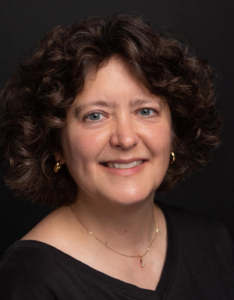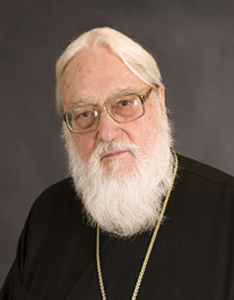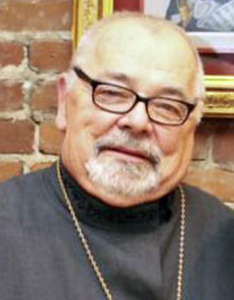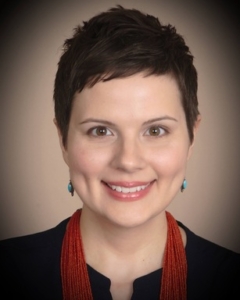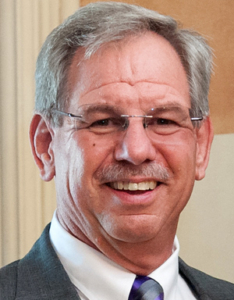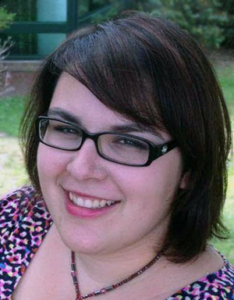
Demetra Jaquet, D.Min
Dr. Demetra (Dee) Velisarios Jaquet, D.Min., is retired from 25 years of professional life as a Pastoral Counselor, CPE Supervisor, Spiritual Director, and Adjunct Professor. She taught Religious Studies at Regis University, Denver and was a Pastoral Counselor/Spiritual Director at Pastoral Counseling for Denver (PCD). She was a Board Certified Chaplain in the Association of Pastoral Counselors (APC) and a Supervisor of Clinical Pastoral Education (CPE) in the College of Pastoral Supervision (CPSP) and in the Center for Spiritual Caregivers and Pastoral Formation (CSCPF). She was also a Fellow in the American Association of Pastoral Counselors (AAPC).
In 1988 she founded Orthodox People Together (OPT) which published the first directory of American Orthodox parishes in all (SCOBA) jurisdictions, and sponsored four conferences on Orthodox unity. She also founded the Women’s Orthodox Ministries and Education Network (WOMEN) in 1994, which publishes the St. Nina Quarterly, and she serves on its Editorial Board. WOMEN also sponsored several conferences throughout the U.S. about the ministries of women in the Orthodox Church, plus one international conference with Bishop KALLISTOS Ware in England.
For many years Dr. Jaquet was an Orthodox representative to the Colorado Council of Churches and the Women’s Interfaith Alliance in Denver. She was an Orthodox representative at three European World Council of Churches (WCC) conferences and at several interfaith conferences of women theologians in America. In 1993 she received a blessing from His Eminence Metropolitan Isaiah of Denver for her ministry as a Pastoral Counselor and Interfaith Chaplain. She served as a Chaplain at Central Presbyterian Men’s Homeless Shelter, the Hospice of St. John, the Centura Health Hospice Facilities, Swedish Hospital, Porter Adventist Hospital, Presbyterian-St. Luke’s Hospital, and North Suburban Hospital, all in Denver.
Dr. Jaquet is a past president of the Orthodox Christian Association of Medicine, Psychology and Religion (OCAMPR), Boston. She began as a chanter and choir member when a teenager with her dad, John C. Velon, of blessed memory, who was a Byzantine Music scholar, Protopsaltis and choir master at St. George Greek Orthodox Church in Rock Island, Ill. She continued in other parishes, finally at St. Catherine Greek Orthodox Church, Denver. She currently is a member of St. Nicholas Greek Orthodox Church, Grand Junction, Colorado.
Dr. Jaquet holds a B.A. in Philosophy from Augustana College, Rock Island, Ill. (Lutheran), an M.Div. from Iliff School of Theology, Denver (Methodist), a D.Min. from Pittsburgh Theological School (Presbyterian) and Antiochian House of Studies (Antiochian Orthodox), and a Certificate of Orthodox Studies from Holy Cross School of Theology (Greek Orthodox). She also holds a Certificate in Spiritual Direction from St. Thomas Roman Catholic Seminary in Denver. She has published numerous articles on Orthodoxy Christianity and women’s ministries.
In addition to serving on the St. Phoebe Advisory Board, Dr. Jaquet currently volunteers teaching Spiritual Direction classes and providing Supervision and Spiritual Direction for the Benedictine Spiritual Formation Program in Grand Junction, Colorado. She also serves on the Board of the Rocky Mountain Center for Spiritual Caregivers (RMCSC), Grand Junction, and on national committees for the Center for Spiritual Care and Pastoral Formation (CSCPF), headquartered in California. She is active in the Orchard Mesa Centering Prayer Group, the God and Earth Women’s Study Group, and the Community-Building Coalition, all in Grand Junction.
She and her husband of 42 years, Neil Jaquet (also retired), own and operate Ambelos Vineyards in Grand Junction where they are commercial growers of wine grapes, peaches, apricots and hay. They bicycle, hike, and hunt for petroglyphs throughout the Southwest for fun. Their daughter Anastasia McCune, husband and three grandchildren live in the Denver area, and their son Christopher Jaquet, wife and two granddaughters live in Telluride, Colorado.

